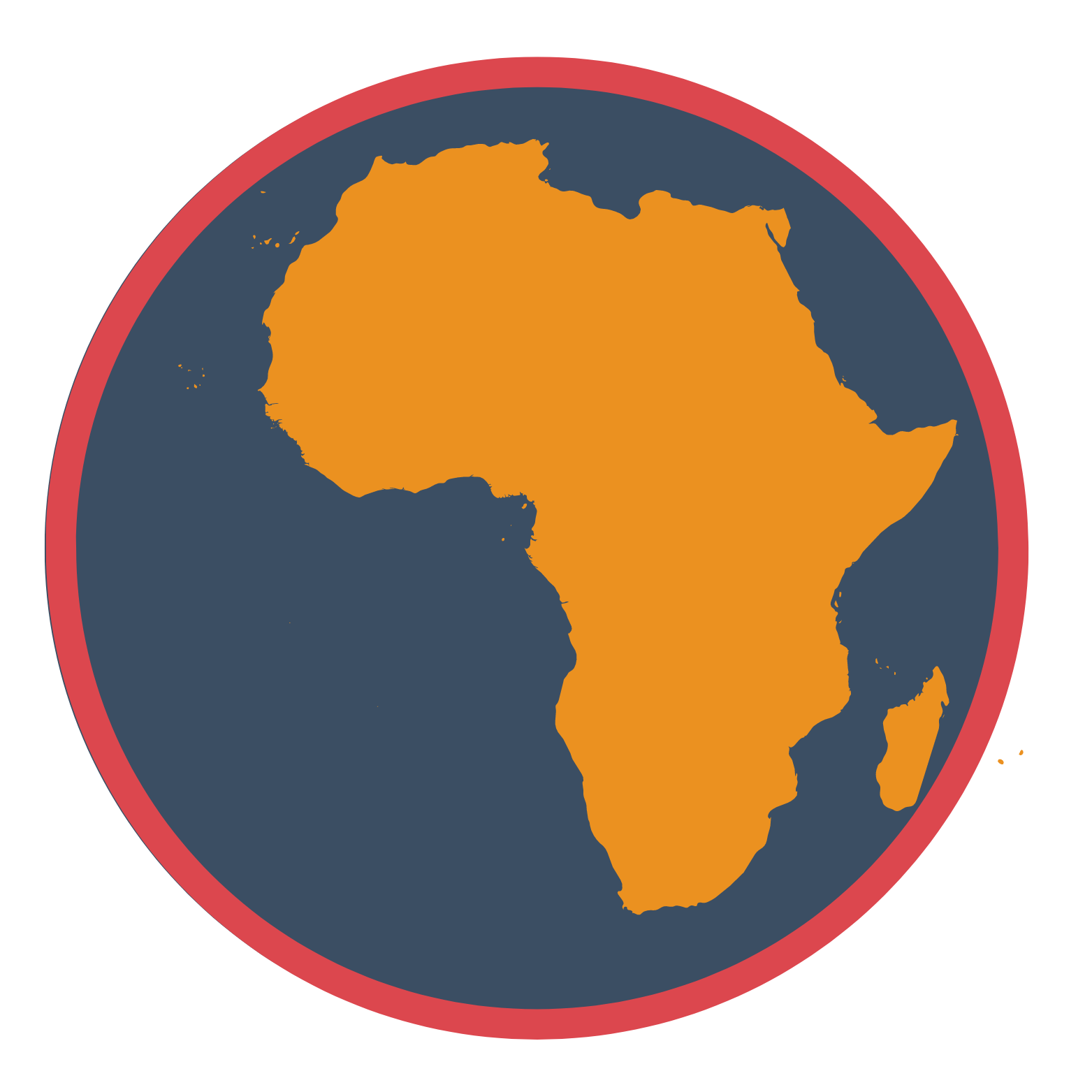Promoting Good Governance Through Civil Society Empowerment

This policy advocacy document emphasizes the crucial role of civil society in promoting good governance across Africa. It outlines the challenges faced by civil society organizations (CSOs) in their efforts to foster transparency, accountability, and citizen participation in governance. The document provides actionable recommendations for governments, international partners, and civil society itself to strengthen civil society's capacity to contribute effectively to the governance landscape.
Civil society organizations play a pivotal role in the governance ecosystem, acting as watchdogs, advocates, and partners in development. Their empowerment is essential for enhancing democratic governance, promoting human rights, and ensuring government accountability. Despite their importance, CSOs in many African countries face numerous challenges, including restrictive legal environments, limited access to resources, and threats to their operational space. Addressing these challenges is critical for enabling civil society to fulfill its potential as a catalyst for good governance.
The landscape of civil society in Africa is as varied as it is vibrant, encompassing a broad spectrum of organizations dedicated to advocacy, human rights protection, service delivery, and development projects. These organizations are pivotal to the continent's socio-political fabric, driving change and providing essential services to communities. Yet, their capacity to make a lasting impact is frequently curtailed by a trio of formidable challenges: limited organizational capacity, financial constraints, and, increasingly, legal and political restrictions that curtail their freedom to operate effectively.
Civil society organizations (CSOs) in Africa find themselves navigating a particularly daunting environment. The civic space is noticeably contracting, under the weight of political repression and a series of legal barriers that stifle freedom of expression and association. This scenario is compounded by limited opportunities for meaningful engagement with governmental bodies, further restricting the potential of CSOs to contribute to policy formulation and governance. These challenges, while significant, do not paint the full picture. Despite the obstacles, there lie substantial opportunities for civil society to assert its influence over governance processes.
The potential of civil society in Africa to shape governance and public policy is immense. Through advocacy, policy dialogue, and grassroots mobilization, CSOs have the power to effect substantial change, advocating for policies that reflect the needs and aspirations of their constituencies. Moreover, the digital revolution has opened up new horizons for civic engagement and advocacy. Social media platforms and other digital tools have become invaluable for mobilizing support, raising awareness on critical issues, and facilitating a broader participation in democratic processes. This digital shift not only amplifies the voice of civil society but also introduces innovative ways to engage, advocate, and influence.
The dichotomy of challenges and opportunities presents a unique scenario for African civil society. On one hand, the constraints imposed by financial limitations, capacity gaps, and restrictive legal frameworks pose serious threats to the vitality of the civic space. On the other hand, the potential for civil society to drive governance reforms through innovative advocacy and engagement strategies has never been more significant. This juxtaposition calls for a strategic approach to civil society development, one that emphasizes capacity building, financial sustainability, and the leveraging of digital technologies for civic engagement.
To harness the opportunities amidst these challenges, CSOs need to adopt innovative strategies that transcend traditional advocacy methods. Building coalitions and networks that span across sectors and borders can amplify their impact, providing a united front against restrictions on civic freedoms. Investing in digital literacy and technology will enable civil society to reach wider audiences and engage in policy dialogues with a broader impact. Furthermore, fostering partnerships with the private sector, international organizations, and sympathetic government entities can provide the resources and platforms necessary to sustain their activities and advocate for a more inclusive governance model.
In essence, the landscape of civil society in Africa is marked by a dynamic interplay between challenges and opportunities. By strategically navigating this landscape, leveraging digital technologies, and fostering collaborative networks, civil society can reinforce its role as a cornerstone of democratic governance and development. The path forward requires resilience, innovation, and an unwavering commitment to expanding the civic space, ensuring that civil society organizations not only survive but thrive in their mission to shape a more democratic, equitable, and prosperous Africa.
Policy Recommendations
For Governments and Policymakers
Create Enabling Legal Frameworks:
Enact and enforce laws that protect the rights of civil society organizations to operate freely, access funding, and engage in peaceful advocacy and protest.
Foster Constructive Engagement:
Establish mechanisms for regular dialogue and consultation with civil society on policy issues, ensuring that their input is considered in decision-making processes.
Ensure Transparency and Accountability:
Implement policies that promote transparency in government operations and accountability for misconduct, creating an environment where civil society can thrive.
For Civil Society Organizations
Strengthen Organizational Capacity:
Invest in building the institutional capacity of CSOs, including governance, financial management, and advocacy skills, to enhance their effectiveness and sustainability.
Promote Collaboration and Networking:
Foster collaboration among civil society organizations and with other stakeholders, including the private sector and international organizations, to amplify their collective impact.
Leverage Technology for Advocacy:
Utilize digital platforms and social media to engage citizens, mobilize support, and advocate for policy changes, while ensuring digital security practices are in place.
For International Organizations and Donors
Provide Financial and Technical Support:
Offer financial resources and technical assistance to civil society organizations, particularly those working in challenging environments, to support their operations and advocacy efforts.
Advocate for Civic Space:
Use diplomatic channels and international forums to advocate for the protection of civic space and the rights of civil society organizations in countries where these are under threat.
Support Capacity Building:
Facilitate access to training and capacity-building opportunities for civil society organizations to strengthen their ability to contribute to good governance.
Implementation Strategies:
Multi-Stakeholder Partnerships:
Encourage partnerships between civil society, government, the private sector, and international organizations to address governance challenges collaboratively.
Innovative Funding Mechanisms:
Develop innovative funding mechanisms that provide flexible, long-term support to civil society organizations, enabling them to plan and implement strategic initiatives.
Monitoring and Evaluation:
Implement robust monitoring and evaluation frameworks to assess the impact of civil society initiatives on governance and adapt strategies accordingly.
Empowering civil society is essential for promoting good governance, accountability, and democratic participation in Africa. By addressing the challenges faced by civil society organizations and leveraging their potential as agents of change, stakeholders can contribute to the development of more transparent, accountable, and inclusive governance systems. This document calls on all actors to commit to supporting and empowering civil society as a vital partner in the pursuit of good governance.
Call to Action:
We urge governments, international partners, civil society organizations, and all stakeholders to take decisive action in support of the recommendations outlined in this document. Together, we can create an enabling environment for civil society to thrive and contribute significantly to the promotion of good governance across Africa. This expanded draft provides a comprehensive overview of the role of civil society in promoting good governance, including an analysis of the current landscape, challenges, and opportunities. It offers actionable recommendations for various stakeholders to empower civil society organizations, aiming to serve as a comprehensive guide for enhancing their contribution to governance processes across the continent.


